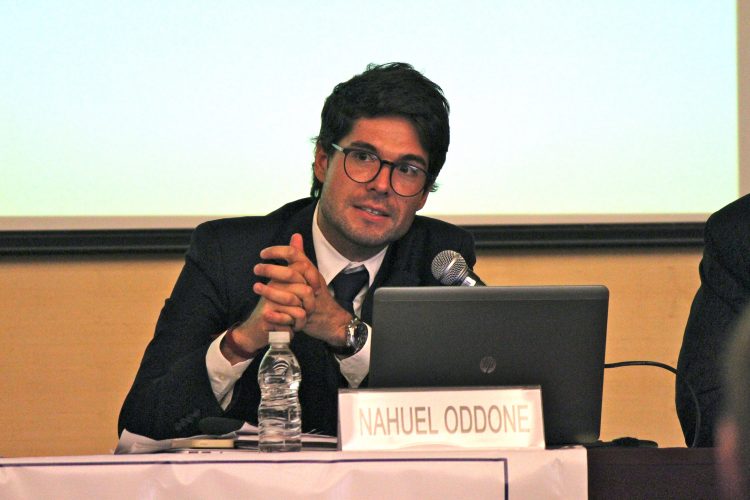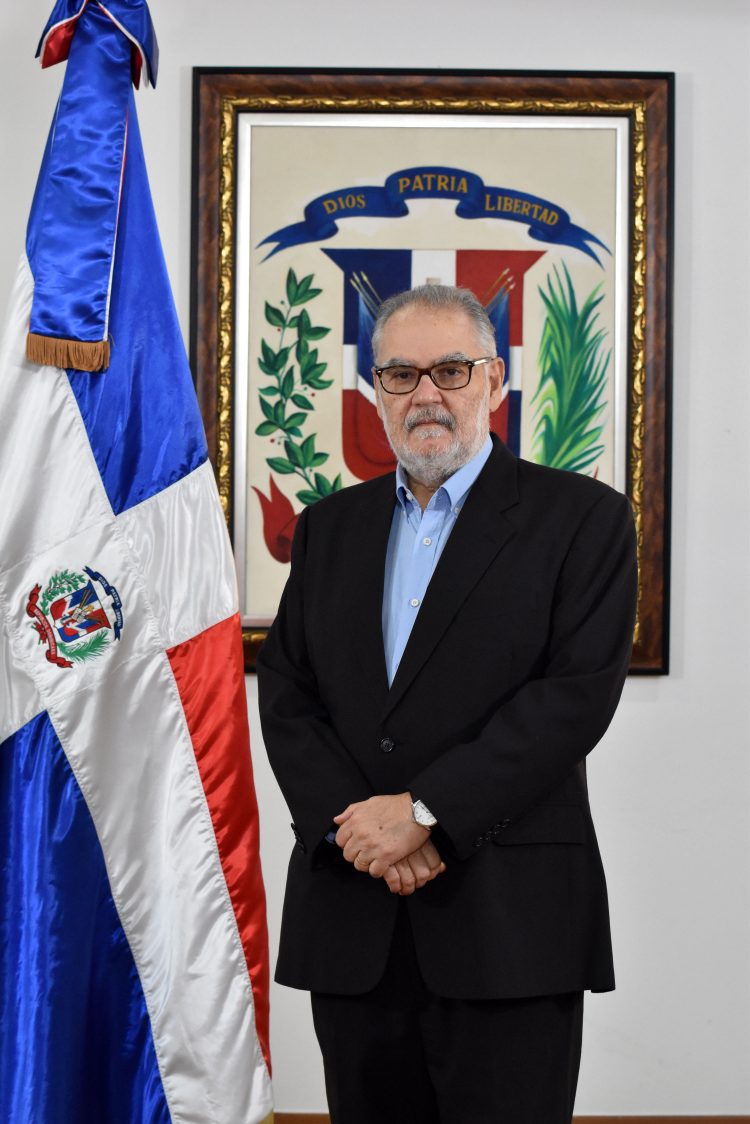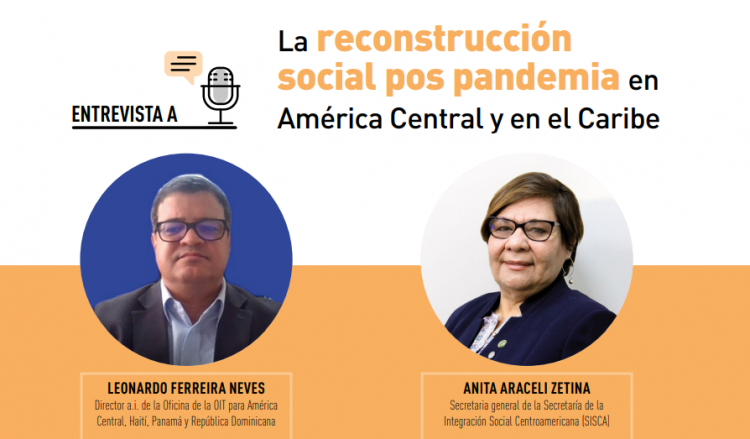Nahuel Oddone, Head of Promotion and Exchange of Regional Social Policies at the Social Institute of MERCOSUR (ISM)

COVID-19 has led the MERCOSUR member states to decide to close their borders to prevent the transmission of the virus among their population. This was an exceptional measure, unprecedented in democratic history. The first political responses have focused on bringing down the rate of infection, both in circulation within countries and at border crossings. Little by little, people returned to their countries to “work on their biographies” as Ulrich Beck would no doubt indicate if he were still with us. But for how long can this measure be extended? Especially since without crossing borders there is no possible integration.
Territories can be understood by the types of relationships they express. Border relations in the Southern Cone existed before MERCOSUR[1]. The border relations of kinship, friendship and work and commercial, cultural, sporting and even political relations pre-existed the process of regional integration. MERCOSUR played a key role in making the border reality visible and accompanying the design and financing of regional instruments for cooperation.
“Borders are interstate spaces where relationships between local populations and the different levels of the state are condensed. This conception makes it possible to differentiate the border lines from the border areas. While border lines are the responsibility of national governments, in border areas the competencies are shared or concurrent between national and sub-national governments. Also, border lines refer to a political division that is not necessarily related to the agro-ecological regions or the historical and socio-cultural characteristics of the border territories. Precisely therein lies the importance of considering border areas as a unit of analysis, when designing and implementing regional integration policies” that recognise borderisation.
Borderisation refers to cooperation and coordination activities that seek to create order and inclusion regimes and to establish the idea of a separate identity with the aim of improving border interactions and, in this way, the well-being of their populations. MERCOSUR has contributed, through different mechanisms, to strengthening border cooperation:
- Residence Agreement for Nationals of the MERCOSUR Member States
- Multilateral Agreement on Social Security
- MERCOSUR Socio-Labour Declaration
- Action Plan of the Citizenship Statute
- Strategic Social Action Plan
- Linked Border Localities Agreement
This structure of agreements has sustained multi-level bilateral dialogues and exchanges, either accompanying the Integration Committees (formerly border committees, which in some cases have existed since the 1980s) or the Border Development Commissions, as well as dialogue with international cooperators that have sought through programmes and projects to leverage border cooperation. MERCOSUR has recognised in its borders an important pillar for the stimulation of regional integration since the creation of Working Subgroup No. 18 on Border Integration, which coordinates the thematic agenda.
Likewise, the Meeting of Ministers and Authorities of Social Development and the Coordination Commission of Ministers of Social Affairs of MERCOSUR defined action in border areas as a transversal axis of work. In line with this impulse, the MERCOSUR Social Institute is implementing the Citizenship on MERCOSUR borders projects, co-financed by the MERCOSUR Structural Convergence Fund; Youth and borders: What is it like to grow up on the borders? co-financed by the United Nations Population Fund; and Cross-Border Cooperation in health matters with an emphasis on facilitating patient mobility, with the support of the EUROsociAL + Programme for Social Cohesion in Latin America. It is noteworthy that all three projects have been modified in their implementation due to the COVID-19 pandemic.
COVID-19 has posed a huge challenge in comprehensive border management. First of all, guaranteeing supply and food security through distribution channels has been key in the context of the pandemic. Despite time constraints and relative cost increases, products crossed borders. However, the mobility of people remains closed. This has caused significant difficulties in the daily lives of the populations of the twin cities, where there is a strong cross-border trade and the use of public services without differentiating one or the other side of the border based on their supply and quality. This situation has led many local and provincial governments to demand that their central state recognise their particularity as a border area. Currently, we see a need to promote an orderly and gradual opening of the internal land borders of MERCOSUR, as well as the establishment of a shared supervisory health mechanism that guarantees human mobility. An example is the agreement to create the Binational Technical Commission between Rivera (Uruguay) and Santana do Livramento (Brazil), whose objective is to function as an indivisible epidemiological health unit for COVID-19 cases, a case that was later replicated between the cities of Artigas and Quaraí and between Bella Unión and Barra do Quaraí.
Borders are not timeless, they are a moment resulting from historical constructions and, therefore, it corresponds to the social forces of the present to take advantage of the border territory for the social experimentation of regional integration and to give political responses according to the specific demands of the time. COVID-19 calls for a transnational public leadership under the slogan “Countries + integrated, people + protected.”
[1]Especially relevant are the “twin cities”, they are pairs of urban centres, face to face on an international boundary, whose interdependence is often greater than that of the city with its administrative reference region or its own national territory.



